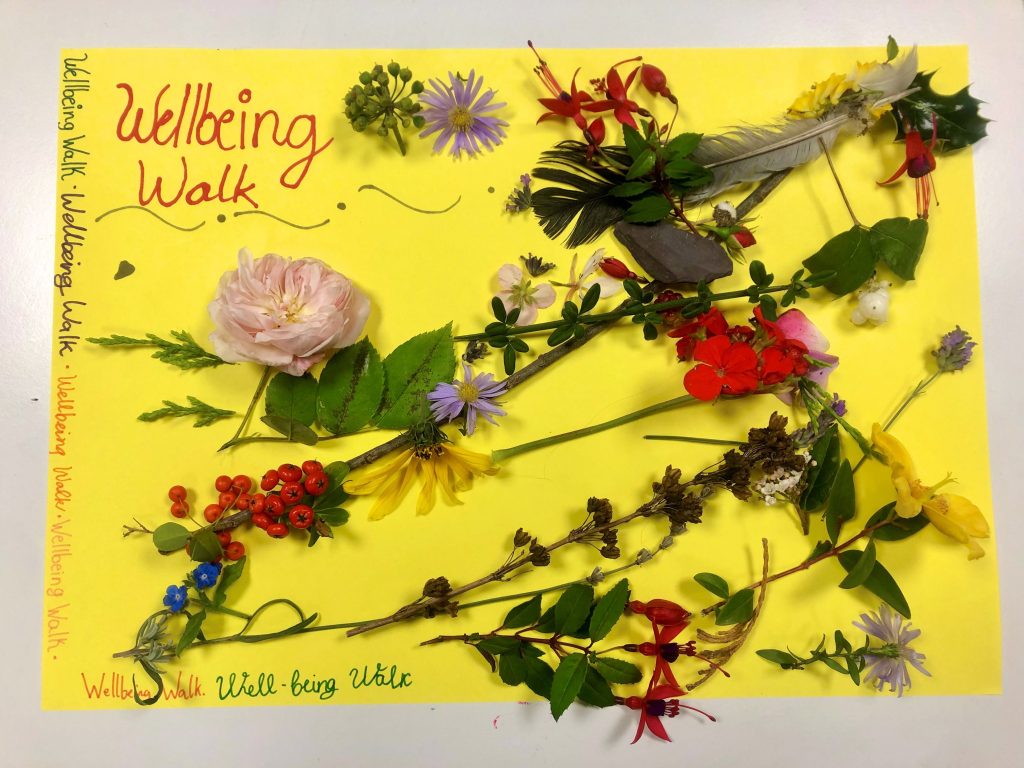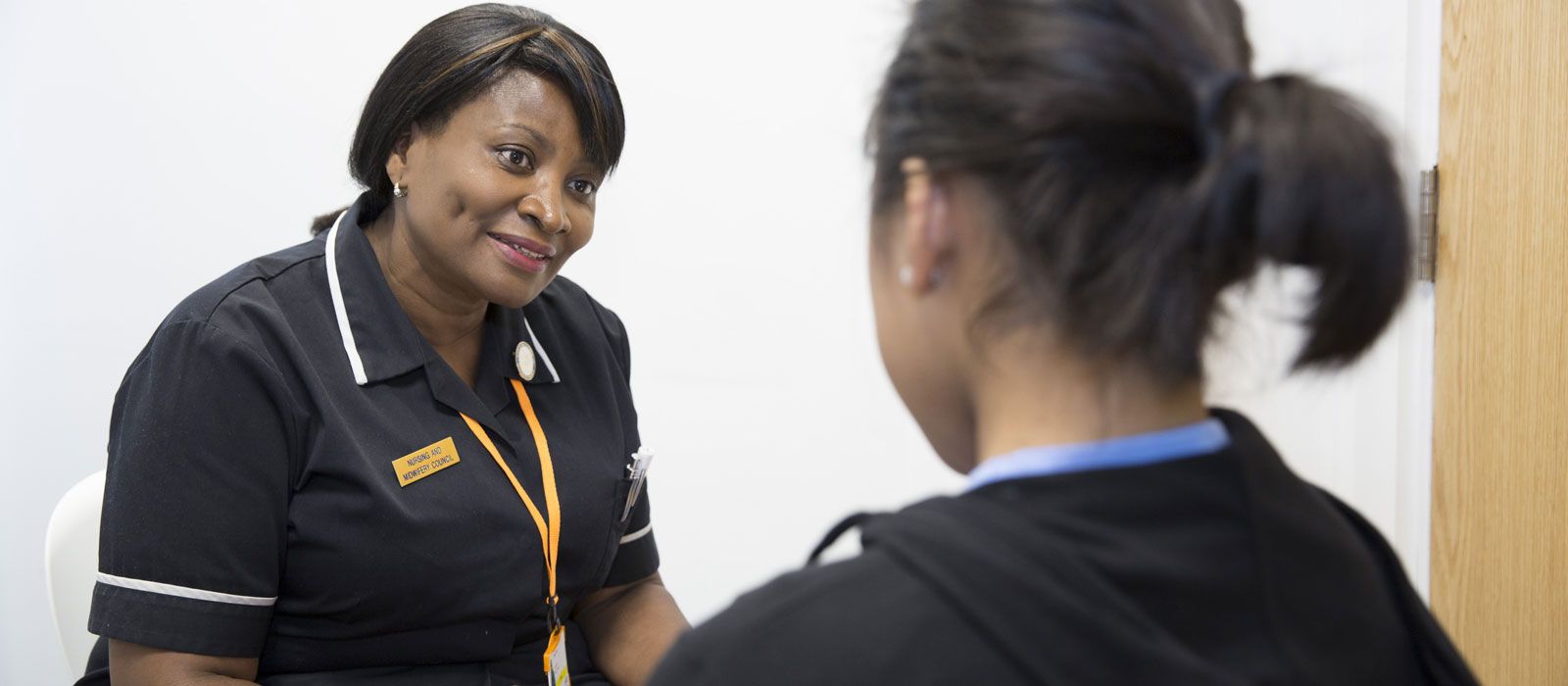Dedicated welfare and mental health staff

“The number one tool we possess is trust. Students at CATS Cambridge self-refer to us and at times urge their friends to engage with us. Trust and community are the most important and effective tools schools have to promote and support students’ wellbeing. Students are more likely to engage with the ‘obvious’ if they are comfortable, safe, and trust the community that is tasked with promoting positive wellbeing.
“The service we provide gives students choice and control over their lives and the issues they may face. It empowers them to make the decision to engage and be supported.”
Blake Feig
Head of Welfare, CATS Cambridge
Protecting and promoting positive mental health in our schools

“It is not just about getting our young people to university, it is about ensuring that they leave us equipped for life, able to make the most of the opportunities that come their way, but also, able to navigate the challenges and obstacles that inevitably happen to everyone.”
Dominic Tomalin
Principal, CATS Cambridge
“The Wellbeing Walk on Mental Health and Wellbeing Day was a great reminder of the importance of taking a short break and connecting with our peers. I got to connect with my Personal Tutor group and other people in my house.”
Lev, Student at CATS Cambridge

Student-led support
- The ‘Quiet room’ – supervised by Sixth Form prefects – to provide a comfortable safe space during break and lunchtime, and support for the most vulnerable students
- Bulletin boards to raise awareness – that offer useful tips and advice
- Sixth Form Student Mentors – who support pupils with any worries or concerns

“At St. Michael’s, pupils are aware that their health and wellbeing will always be prioritised over academic success. As Health & Wellbeing Prefect, I believe it is essential to provide a safe space for pupils to share their concerns and raise awareness on their physical and mental wellbeing.
“A Wellbeing Club is launching in the new year, with meditation and yoga sessions taking place after school. Topics will range from diet to hours of sleep and even methods of breathing. These small changes can improve students’ wellbeing significantly.”
Kelly from Hong Kong
Health & Wellbeing School Prefect, St Michael’s School
‘Tell Us’ and ‘Need to Talk’ buttons – communication tools
Other initiatives
- Access to safeguarding and pastoral welfare teams
- Personal Tutors – who deliver the PHSE and RSE curriculum, support students with their academic progress and offer regular 1-to-1 welfare checks
- Talks and workshops on topics such as consent, sexting, alcohol consumption, substance use and CPR
- Personal Development Days – including Mental Health and Wellbeing Day and Relationship and Sex Education Day
- Student and teen health publications and newsletters
